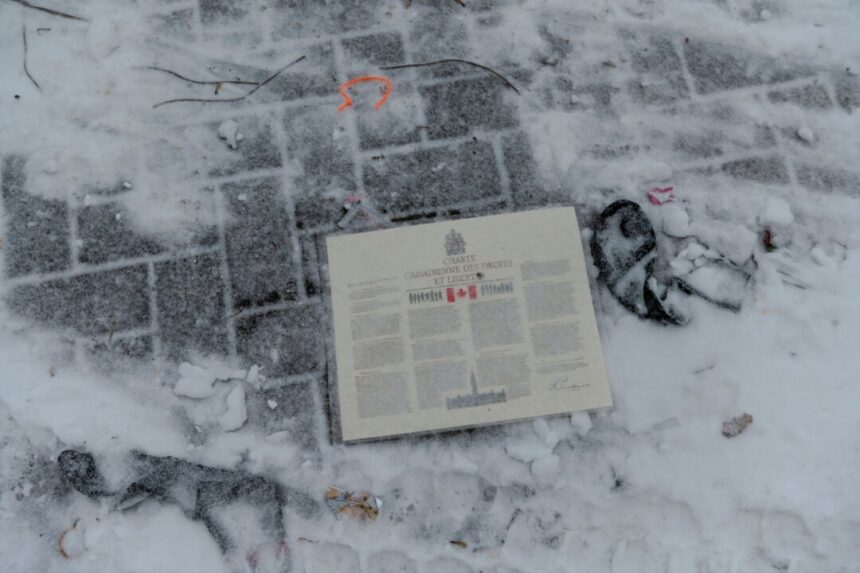Commentary
Section 2 of the Charter of Rights and Freedoms guarantees Canadians freedom of thought, belief, and expression, which are essential in our democratic society. The official government commentary on the charter emphasizes the importance of allowing people to discuss public policy, criticize governments, and propose solutions to social issues.
When it comes to indigenous issues, there is a blind spot in our academic, media, and political circles regarding free speech rights. Those who hold differing but informed opinions are often silenced or labeled as “racist,” with only a few courageous individuals willing to challenge this restriction.
These examples highlight the challenges faced by individuals who express dissenting views on indigenous issues, facing backlash and consequences for their opinions.
These instances demonstrate the challenges faced by individuals who express dissenting views on indigenous issues, facing backlash and consequences for their opinions.
Regrettably, the majority of Canadians feel compelled to keep their dissenting views private, fearing repercussions from elites who suppress differing perspectives.
It is essential for our society to embrace diverse viewpoints and engage in constructive dialogue, as truth is multifaceted and requires consideration of opposing ideas. Encouraging free speech and open debate is crucial for the progress and well-being of our nation.
To achieve this, individuals must cultivate the confidence and open-mindedness advocated by the French philosopher Montaigne, who famously stated: “When I am contradicted it arouses my attention, not my wrath. I move towards the man who contradicts me; he is instructing me. The cause of truth ought to be common to both of us.”
However, when it comes to discussions on indigenous issues, the Canadian elites seem unwilling to extend the same Charter of Rights free-speech principles to others that they enjoy themselves, particularly when supporting “anti-Zionists” who make offensive remarks and insults. This divisive behavior erodes trust and exacerbates harm, particularly affecting indigenous Canadians.
Peter Best, a retired lawyer from Sudbury and author of “There is no Difference,” argues for changing Canada’s laws to ensure equality for all citizens regardless of race. This perspective was commissioned by the Frontier Centre for Public Policy.
Please note that the opinions expressed in this article are solely those of the author and do not necessarily reflect the views of The Epoch Times.
Source link







